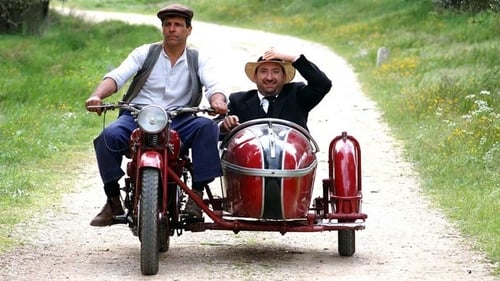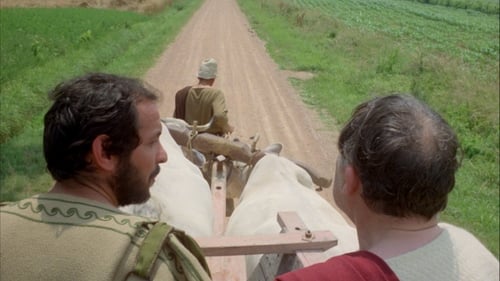
Director

Jean-Marie Straub's first film after the death of Danièlle Huillet is a love poem to her. Le Genou d'Artémide is based on Cesare Pavese's "Dialogues of Leuco", which had already been adapted by Straub et Huillet as Ces Rencontres Avec Eux (2006).

These Encounters Of Theirs divides 10 non-professional actors into couples, then has them take turns in declaiming the Dialogues With Leuco, Cesare Pavese's abstract, philosophical work.

When his destituite widowed sister-in-law—whom he had never stopped harbouring feelings for—and her ne'er-do-well son come to live with him after World War II, a mentally-ill farmer who spends all his time destroying unexploded ordnance scattered across the countryside finds a new purpose in his lonely life.

1st Hunter
'Dalla nube alla resistenza (From the Cloud to the Resistance ) (1978), based on two works by Cesare Pavese, falls into the category of History Lessons and Too Early, Too Late as well. It, too, has two parts—a twentieth-century text and a text regarding the myths of antiquity, each set in the appropriate landscape. Pavese's The Moon and the Bonfires looks back on the violent deaths of Italian anti-Fascist resistance fighters; Dialogues with Leucò is a series of dialogues between heroes and gods, connecting myth and history and returning to an ambiguous stage in the creation of distinctions, such as that between animal and human, which are fundamental to grammar and language itself. Such a juxtaposition of political engagement with profoundly contemplative issues such as myth, nature, and meaning points to the characters of Empedocles and Antigone in the Hölderlin films.' (From "Landscapes of resistance. The German Films of Danièle Huillet and Jean-Marie Straub" by Barton Byg)



